Introduction
Guillain-Barré syndrome (GBS) is a rare neurological disorder where the body's immune system mistakenly attacks the peripheral nervous system. This disorder can lead to muscle weakness, numbness, and in severe cases, paralysis. Most people with Guillain-Barré syndrome eventually recover, although some may experience long-term nerve damage.
Understanding Guillain-Barré Syndrome (GBS)
GBS typically manifests as an acute, rapidly progressive condition, often following a bacterial or viral infection. While the exact cause remains unknown, it is believed that infections trigger an abnormal immune response that damages the nerves.Most individuals with GBS eventually recover, although the process can be lengthy, with some experiencing long-term nerve damage. The severity and duration of symptoms can vary widely among affected individuals.
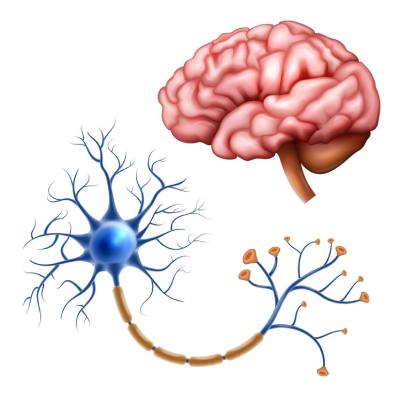
Causes of Guillain-Barré Syndrome (GBS)
While the exact cause of this immune response is not fully understood, several factors have been associated with the development of this disease
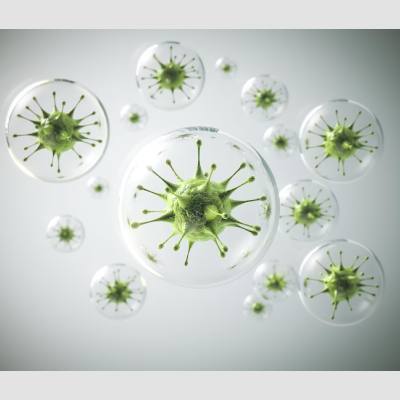
Infections
The most common factor for GBS is bacterial or viral infections. These infections can include Campylobacter , cytomegalovirus, Epstein-Barr virus, Zika virus, and influenza virus. It's believed that the body's immune response to the infection also attacks the peripheral nerves, leading to GBS symptoms.
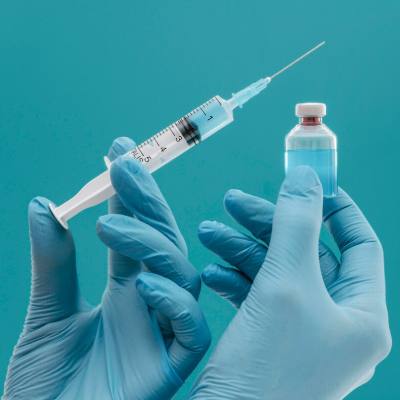
Vaccinations
some vaccinations have been linked to GBS, particularly the influenza vaccine and the swine flu vaccine (H1N1).

Other Factors
Certain factors such as surgery, trauma, and pregnancy have been associated with the development of GBS, although these cases are relatively uncommon.
Symptoms of Guillain-Barré Syndrome (GBS)
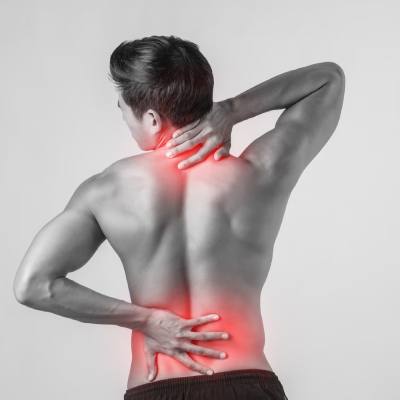
Pain
Muscle pain, cramps, or aches are common, as are backaches and headaches.
Loss of Reflexes
diminished or absent deep tendon reflexes, such as the knee jerk reflex.
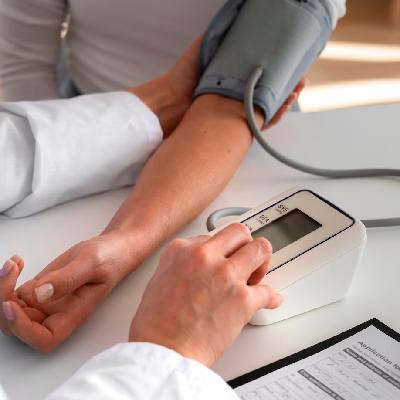
Autonomic Dysfunction
GBS can affect the autonomic nervous system, resulting in symptoms such as fluctuations in blood pressure, heart rate abnormalities, sweating abnormalities, and bowel or bladder dysfunction.
Muscle Weakness
Weakness usually begins in the legs and can progress to the arms and upper body. In severe cases, it can lead to paralysis.
Tingling and Numbness
Many individuals experience sensations of tingling, numbness, or pins and needles in their extremities, often starting in the feet and hands and moving upward.
Difficulty with Motor Control
Affected individuals may have difficulty with movements such as walking, climbing stairs, or lifting objects. Coordination and balance may also be impaired.
Respiratory Problem
In severe cases, muscle weakness can affect the muscles involved in breathing, leading to respiratory failure. This is a medical emergency and requires immediate attention.
Diagnosis
- Cerebrospinal Fluid (CSF) Analysis
Analysis of the CSF can help identify abnormalities such as elevated protein levels, which are characteristic of GBS.
- Electrodiagnostic Studies
Electromyography (EMG) and nerve conduction studies (NCS) may be performed to assess the electrical activity and function of peripheral nerves and muscles. These tests can help confirm the diagnosis of GBS and distinguish it from other neurological conditions.
- MRI
to rule out other causes of neurological symptoms, such as spinal cord compression or nerve root compression.
Complications
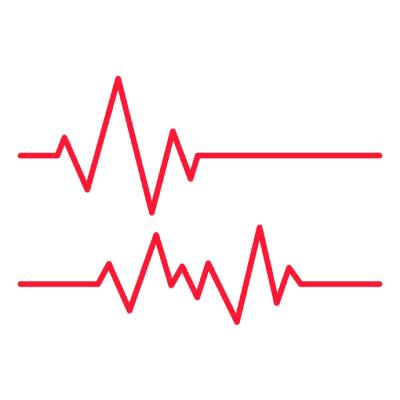
Cardiac Complications
Autonomic dysfunction associated with GBS can lead to abnormalities in heart rate and blood pressure, which may result in cardiac arrhythmias or other cardiovascular complications.
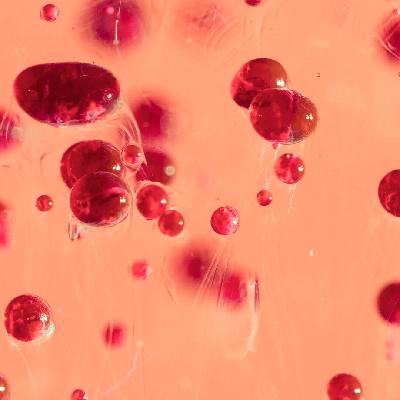
Blood Clots
Immobility due to muscle weakness increases the risk of developing blood clots in the legs (deep vein thrombosis) or lungs (pulmonary embolism).
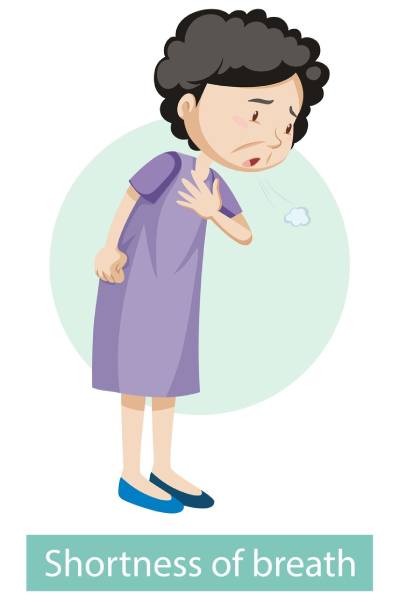
Respiratory Failure
where the individual is unable to breathe adequately on their own.
Bed Sores
Prolonged immobility can lead to the development of bedsores
Homoeoapthy and Guillain Barre Syndrome
Homoeopathy offers a complementary approach to managing Guillain-Barré Syndrome (GBS), focusing on stimulating the body's natural healing processes and addressing the underlying imbalance in the system.Homoeopathic remedies are selected based on the individual's specific symptoms, taking into account their unique physical and emotional characteristics. Remedies are prepared from natural substances and are highly diluted, making them safe and gentle to use, with minimal risk of side effects.
Homoeopathic remedies for Guillain Barre Syndrome
- Causticum
- Paralysis of single parts
- Heaviness and weakness in extremities
- Unsteadiness of muscles of forearm and hand
- Loss of sensation in hands
- Unsteady walking and easily falling
- Ankles are weak
- Contracted tendons
- It is a useful remedy in progressive loss of muscular strength
- The weakness progresses until we have gradually appearing paralysis
- Agaricus
- Uncertain gait
- Trembling of extremities
- Neuralgia in locomotor ataxia
- Paralysis of lower limbs with spasmodic condition of arms
- Numbness of legs on crossing them
- Paralytic pain in left arm followed by palpitation
- Gelsemium
- It has its main action on nervous system causing various degrees of motor paralysis
- There is a marked symptom in patient which is dizziness , drowsiness , dullness and trembling
- Muscular weakness and paralysis of various groups of muscles e.g eyes , throat , chest , larynx , extremities
- Complete relaxation and prostration
- There is lack of muscular co -ordination
- Useful in conditions of writer's cramp
- Alumina
- Arms feel paralyzed
- Legs fall asleep especially when sitting with crossed legs
- Patient staggers on walking
- Heels feel numb
- Inability to walk except when eyes are open or in daytime
- Spinal degenerations and paralysis of lower limbs
Benefits of Homoeopathic Treatment
- Individualised Care: Homoeopathy recognizes that each person is unique. A homoeopath will assess your symptoms, medical history, and lifestyle to prescribe a personalised treatment plan tailored to your needs.
- Gentle and Natural: Homoeopathic remedies are derived from natural substances and are known for their minimal side effects. They work in harmony with the body, promoting self-healing and overall well-being.
- Holistic Approach: Homoeopathy takes into account not only the physical symptoms but also the emotional and mental aspects of an individual. It aims to restore balance at all levels, providing comprehensive care.
- Long-Term Relief: By addressing the underlying causes of Ulcerative Colitis,homoeopathy strives to achieve long-term relief and improved quality of life.
Patient Review
Consulting a Homoeopath
Individuals with Guillain-Barré Syndrome should seek consultation with a qualified Sanjivani homoeopathic practitioner for personalised treatment. A Sanjivani homoeopath will conduct a detailed case analysis, considering the individual's symptoms, medical history, and overall health condition to prescribe the most suitable remedy.
Sanjivani Homeopathy Clinic USP
- No homoeopathy Dietary Restrictions:
Allows patients to enjoy foods like onion, garlic, and coffee, ensuring a stress-free treatment journey.
- 24/7 Online Consultations:
Enables convenient access to doctors with detailed counseling, history management, and follow-ups.
- Highly Skilled Team:
Experienced BHMS and MD doctors, supported by multilingual and professional staff.
- Patient-Centric Care:
Simplifies treatment with modern, adaptable solutions and clear communication.
Click Here for Detailed "Sanjivani USP"
FAQ's
- What is homoeopathy ?
Homoeopathy is a holistic science which belives in the law of Similia Similibus Curenter i.e Like Cures Like .It was discovered by Dr Samuel Christian Hahnemannn in 1796.
- Is there any side effects of homoeopathy?
As homoeopathic medicines are made from natural substances this medicines have no side effects and are completely safe to consume
- Is there any diet restriction to take homoeopathic medicines?
There are no diet restrictions for homoeopathic medicines. One should only avoid eating or drinking any liquid other than water at least 30 minutes before and after taking homoeopathic medicines.
Click Here for "Frequently Asked Questions."
Conclusion
Sanjivani Homoeopathy offers a promising approach in managing Guillain-Barré Syndrome, providing relief from symptoms and promoting natural healing. At Sanjivani Homoeopathic Clinic, we provide personalised treatment plans tailored to each patient's needs, incorporating proper diet, exercise, and lifestyle modifications to enhance recovery and improve quality of life.
Disclaimer :The information provided in this blog is for educational purposes only and should not be considered medical advice. Please consult with a qualified healthcare professional before starting any treatment for Guillain - Barre Syndrome or any other medical condition.


